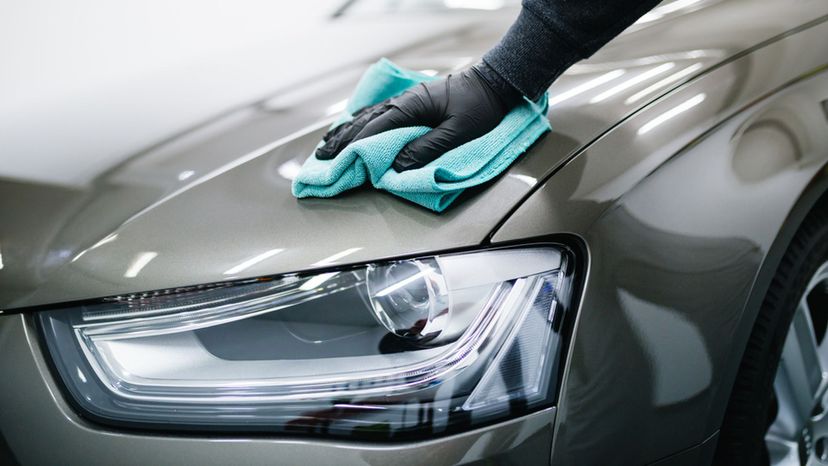
About This Quiz
VROOM VROOM! What would life be without cars? Before the late 1800s, most people were settling for transportation by horse or maybe even a bike. The introduction of cars would change the entire world, and many people might be car fanatics, but it takes a lot to be a gearhead! Do you know your car symptoms and solutions?
The late 1800s brought the invention of cars by German Karl Benz. While there had been previous attempts before, Benz's creation with an internal engine is what set his invention apart from the rest. Since then, the car industry would boom.
When it comes to vehicles, many people are able to recognize the cars and their countries. Germany has the Mercedes-Benz named after Karl Benz as well as the Audi, BMW, and Volkswagen. Car lovers might recognize Japanese vehicles Toytota and Nissan. Luxury fanatics might be obsessed with Maserati, Porsche, or a Corvette. While all these cars are beautiful on the outside, it takes a real gearhead to know these cars inside and out! If something was wrong with your car, could you play doctor and fix it?
Could you figure out what to do if one headlight is out? What could you do to fix streaks from a windshield wiper or a sweet smell coming through the vents? If you can answer these questions, you just might be a true gearhead! There's only one way to find out!
Take this quiz and let's see if you know your car symptoms and solutions!Â
Fasten those seat belts!
Advertisement
Advertisement
Advertisement
Advertisement
Advertisement
Advertisement
Advertisement
Advertisement
Advertisement
Advertisement
Advertisement